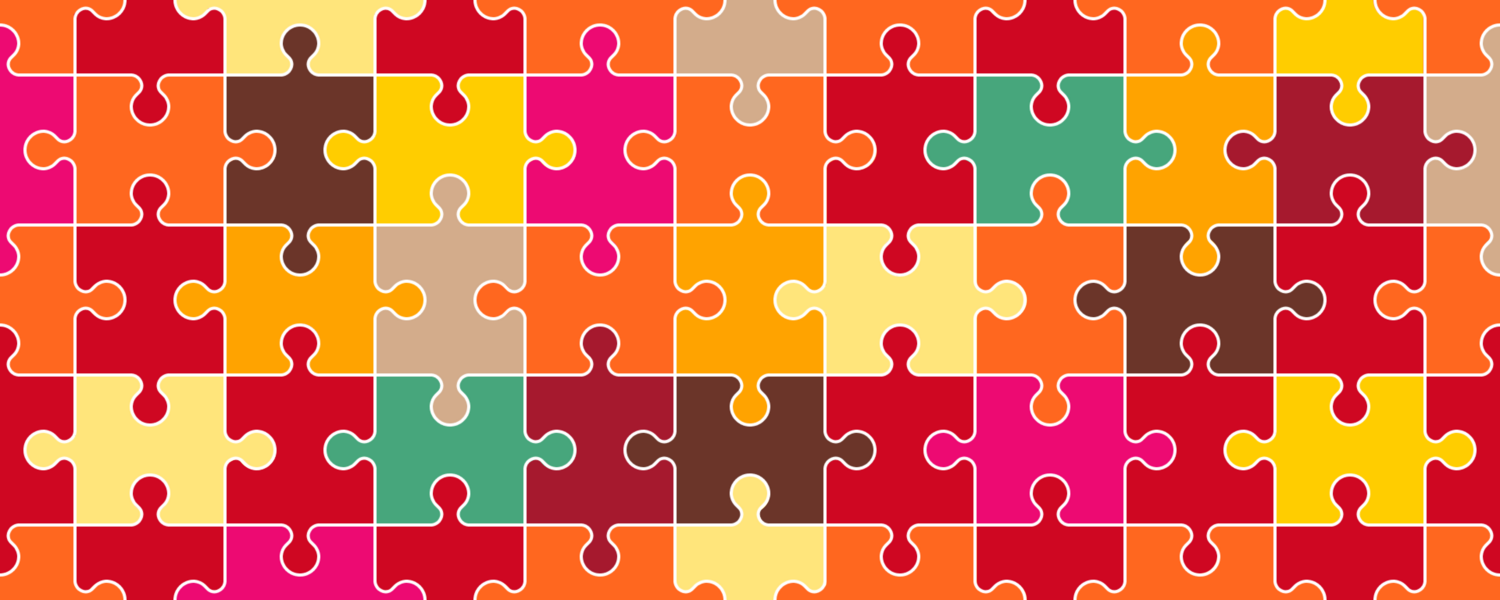
Conflict, belonging & intersectionality through an ability & disability studies lens
Conflict, belonging and intersectionality are three concepts that cover societal realities that are of high importance to the wellbeing of disabled people and the identities intersecting with disabled people and often influence each other. Ability judgments can lead to ability based conflict between social groups that impact especially marginalized groups and their intersecting identities such as disabled people with one consequence being a decreased sense of belonging. Ability based dynamics such as disablism and attitudinal accessibility also impact intersectional pedagogy.
When you click on the link below, please sign in (if required)
Core understanding of EDI
- What is attitudinal accessibility
- Ability based studies framework
- Ability based studies concepts
- What is ability based disablism and enablism
- Impact of ability based social dynamics on conflict, belonging, and intersectionality
- Ability judgment a dynamic used to judged many marginalized identities not only disabled people
- Sense of belonging in general and in relation to disabled people
- Ability base conflicts
- Various intersectionality concepts covered in relation to disabled people and beyond
- Intersectionality and ability/ableism
- Intersectionality and belonging
- Intersectionality and conflict in general and in relation to disabled people
- Ability based intersectionality challenges
- Ability based challenges to intersectionality pedagogy
- BIAS FREE FRAMEWORK as a tool to unmask social hierarchies
New learnings
- Explore the issues of conflict, belonging and intersectionality through an Ability Studies lens
- Enhance your knowledge of conflict, belonging and intersectionality and the ways they shape the lived experiences of disabled people especially disabled people with intersecting identities with other marginalized groups.
- To look at the challenges for intersectional pedagogy posed by ability based judgments and norms.
- To think about how ability based conflict, belonging and intersectionality are influencing your workplace and yourself in the workplace.
Facilitator

Dr. Gregor Wolbring (he/him)
Dr. Gregor Wolbring is a tenured full Professor at the University of Calgary’s Cumming School of Medicine, Program in Community Rehabilitation and Disability Studies. He is presently also a member of the Institute for Technology Assessment and Systems Analysis (ITAS), Karlsruhe, Germany and a senior fellow of the Institute for Science, Policy and Society, University of Ottawa, Canada.
Dr. Wolbring defines himself as an ability studies, disability studies, sustainability studies and science and technology governance studies scholar and wheelchair user since his youth.
It’s our collective responsibility to create a more equitable and inclusive UCaglary and we all have an important role to play by learning and unlearning.

Dr. Malinda S. Smith, PhD
Vice Provost (Equity, Diversity and Inclusion) and Associate Vice-President Research (EDI)



